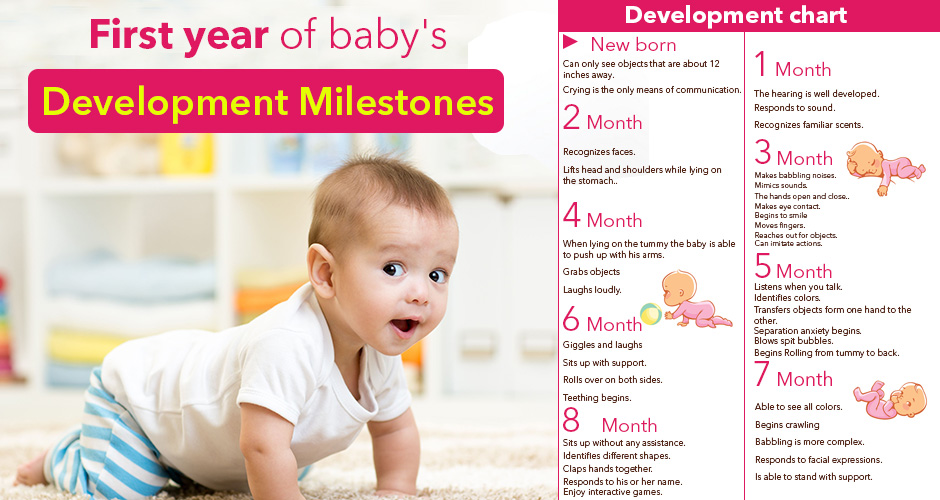 Source: bing.com
Source: bing.comBecoming a parent is the most beautiful and joyful experience in the world. As you enter this phase of life, it’s essential to understand the first development of a baby. It would help if you kept a check on their growth and overall well-being. This article will guide you through the different stages of a baby’s growth and development. So, let’s get started!
Table of Contents
Embryonic development
The first few weeks of pregnancy are crucial for embryonic development. After a sperm fertilizes an egg, it develops into a blastocyst, which is a group of cells. The blastocyst then implants itself into the uterine wall and begins to develop into a fetus. During this stage, the baby’s major organs like the heart, lungs, and brain begin to form.
Fetal development
The fetal stage starts from the 9th week of pregnancy and lasts until birth. During this phase, the baby’s organs continue to develop and mature. The baby begins to move, and its sensory organs start working. The baby’s heartbeat can also be heard using an ultrasound machine.
Physical development
A baby’s physical development is crucial during the first few months of life. At birth, a baby weighs around 7-8 pounds and is approximately 20 inches long. During the first few weeks, the baby’s head grows rapidly and eventually reaches its proportion to the rest of the body. The baby’s reflexes also start developing, and they learn to hold their head up and turn it from side to side.
Language development
Language development starts from birth itself. During the first few months, a baby learns to recognize their mother’s voice and respond to it. They start to coo, gurgle, and make different sounds to communicate. As the baby grows, they begin to babble and say their first words. By the age of 2, most babies have learned around 50 to 100 words.
Cognitive development
Cognitive development refers to a baby’s mental growth and their ability to think, reason, and make decisions. During the first few months, a baby’s cognitive development revolves around their senses. They learn to recognize shapes, colors, and patterns. As the baby grows, they start to develop more complex cognitive skills like problem-solving, memory, and imagination.
Social and emotional development
Social and emotional development refers to a baby’s ability to form relationships with others and express emotions. During the first few months, a baby develops a strong bond with their mother and can recognize her by smell, touch, and voice. As the baby grows, they start to develop social skills like sharing, taking turns, and playing with others.
Conclusion
The first development of a baby is crucial for their overall well-being. It’s essential to keep a check on their growth and development and provide them with the necessary care and attention. As a parent, you play a crucial role in shaping your child’s future. So, cherish this beautiful journey and create precious memories along the way!
Frequently Asked Questions
Q. What does embryonic development mean?
Embryonic development refers to the first few weeks of pregnancy when the fertilized egg develops into a blastocyst and implants itself into the uterine wall.
Q. When does the fetal stage start?
The fetal stage starts from the 9th week of pregnancy and lasts until birth.
Q. What is the average weight of a newborn baby?
The average weight of a newborn baby is around 7-8 pounds.
Q. When do babies start to babble?
Babies start to babble around 6-7 months of age.
Q. How do babies recognize their mother?
Babies recognize their mother by smell, touch, and voice.
